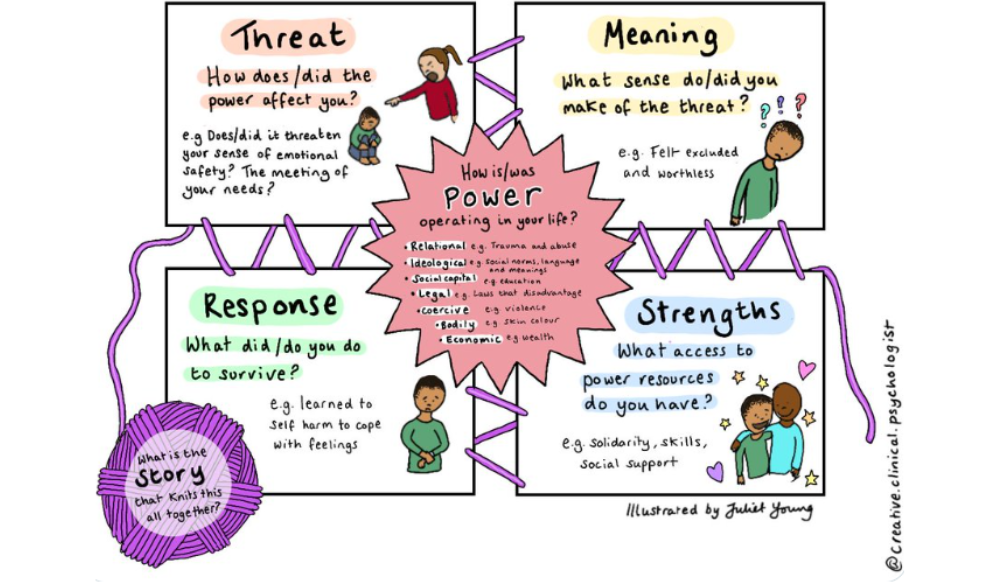Supporting your young person as they adjust to change
Supporting your young person as they adjust to change
Change is a big factor in a young person's life, learn how you can support your young person as they adjust to change.

Moving from primary to secondary school, sitting state exams, starting college, peer and family relationships, and bodily changes, there is a huge amount of change in a young person’s life.
In this article, we will talk about
Talking about change
For anyone that is going through a difficult time being heard is important. When a young person knows they are being listened to, they will be more likely to open up about what is worrying them.
Change can bring up a range of feelings, sometimes all at once. Acknowledge whatever your young person is experiencing; be it excitement, fear, worry, confusion, or curiosity. Let them know it’s OK and normal to feel any or all of these things.

Starting conversations around events that bring about change can be difficult. Give yourself and your young person time and space and find the right moment to have these conversations. Some young people may express themselves through their behaviour, so paying attention to any cues of struggle can help you both get a better insight.
The power threat meaning framework
(Johnstone & Boyle, 2018)
The Power Threat Meaning Framework has been developed as a model of understanding mental health that is an alternative to more traditional medical models
It is not about diagnoses or ‘disorders’ and applies to all of us. This framework can be helpful when we look at things like adjusting to change in young people’s lives.
Change can bring challenges to everyone’s mental health.

What happens to a young person when life changes?
When there is change in a young person’s life, their behaviour can change.
People can often talk about what is wrong with our young people, what are their misbehaviours, or what diagnoses they might have. A lot of the meaning from a young person’s personal experience can be lost when we engage in this surface level language.
Young people often get labelled with the outward-facing emotion – ‘they’re angry’, ‘they’re acting out’ or ‘they’re bold’.
Sometimes when we look at the context around the changes a young person is going through, we can see that their responses to such changes are understandable.
When we reach a level of understanding of what young people are experiencing when trying to adjust to change, the paths to take to support them can become clearer.
The framework is a series of questions to spark conversations with your young person to find out how change is impacting their mental health. It can help them understand what’s going on, and what it means for them.
- What has happened to you?
- How did it affect you?
- What sense did you make of it?
- What did you have to do to survive?
- What are your strengths?

What has happened to you?
Using the phrase ‘what’s wrong?’ can carry with it a sentiment of judgement. ‘What’s happened?’ allows a young person to explain their situation. It’s important for a young person to be able to give their personal perspective and for us to see their behaviour in context.
This is about discovering their story from their perspective and discovering the context to it.
How did it affect you?
Did your young person lose anything such as confidence, sleep, or sense of identity? The move from primary to secondary school, or onto college, for example, can have an impact on a young person’s self-confidence, self-esteem, and even their peer group. Often change can come with loss
This question is about helping your young person to specifically name how it affected them and their emotions.
What sense did you make of it?
What did your young person learn? (e.g. felt unwelcome, not included, overpowered).
Often young people are quick to self-blame and they often have the idea that there is something wrong with them or that somehow they are not ‘doing life right’.
What you are doing here is listening to them, to help them make sense of it. It is about helping them pull together their own thoughts to bring them to an understanding about the change and its impact on their identity. This will take time.
What did you have to do to survive?
What are your young person’s coping mechanisms? Were there unintended consequences of these coping mechanisms? (e.g. fighting, a changed social circle).
This is to try and help your young person recognise and understand how they responded to any threats (internal or external) that have come with change.
For example, feeling anxious can be a way for protecting a person from danger. Anger can be an attempt to get a bit of control back. An unintended consequence of this might be that the anger pushes people away.
What are your strengths?
What’s going well for your young person? This can be an opportunity to say what your favourite things about your young person are, and what characteristics in them you admire. It doesn’t have to be a doing thing (such as being good at homework or doing chores), it can be a good sense of humour or that they are easy to talk to. It has to be genuine, something that is an intrinsic part of them.
They can then call on those things when they are having a difficult time. If a young person does not identify with the strengths that you see, it is about being there with them, being a witness and helping them see that they have value. Sometimes it can be helpful to note the resources they have available to them as strengths (i.e. friends, parents, hobbies).
Often our job as parents/guardians is to be like a lighthouse in the storm. At times you can feel like you’re getting nowhere, but simply listening can have a powerful impact and allow your young person to find their own way through.
What can you do to help a young person adjust to change?
- Plan, prepare and pace where possible
- Prioritise physical and mental health
- Encourage and promote self-care
- Limit other substantial life changes
- Support access to an adult they can trust
- Talk and connect with your young person to help them make sense of the change.


